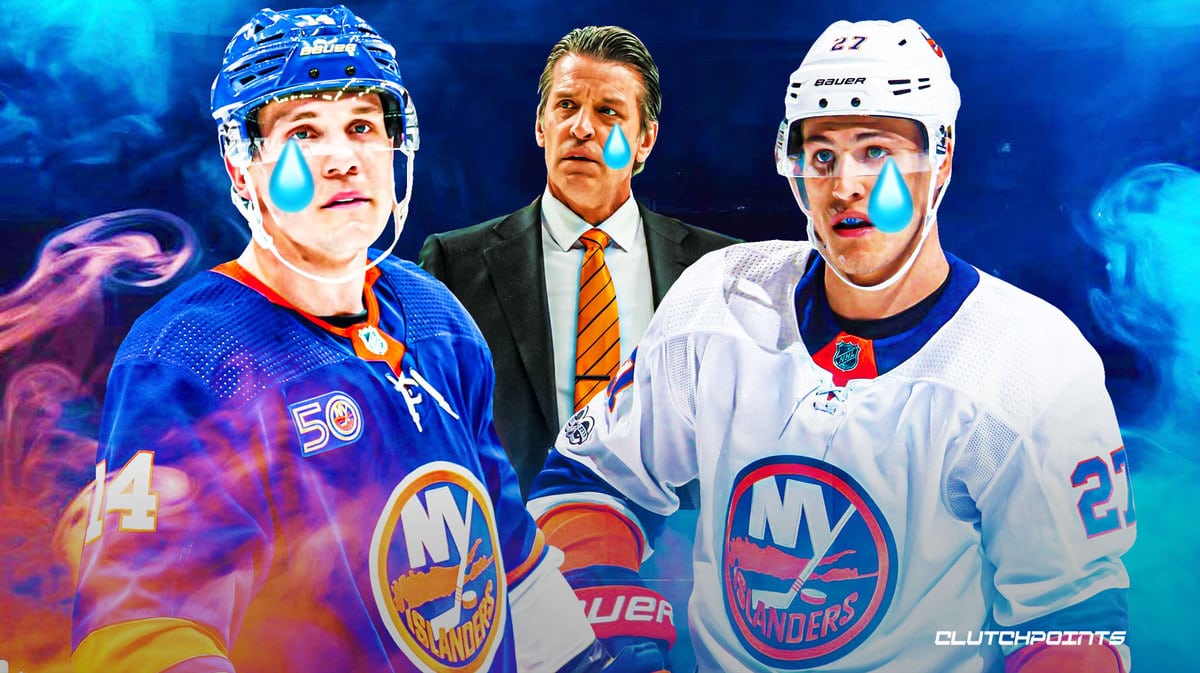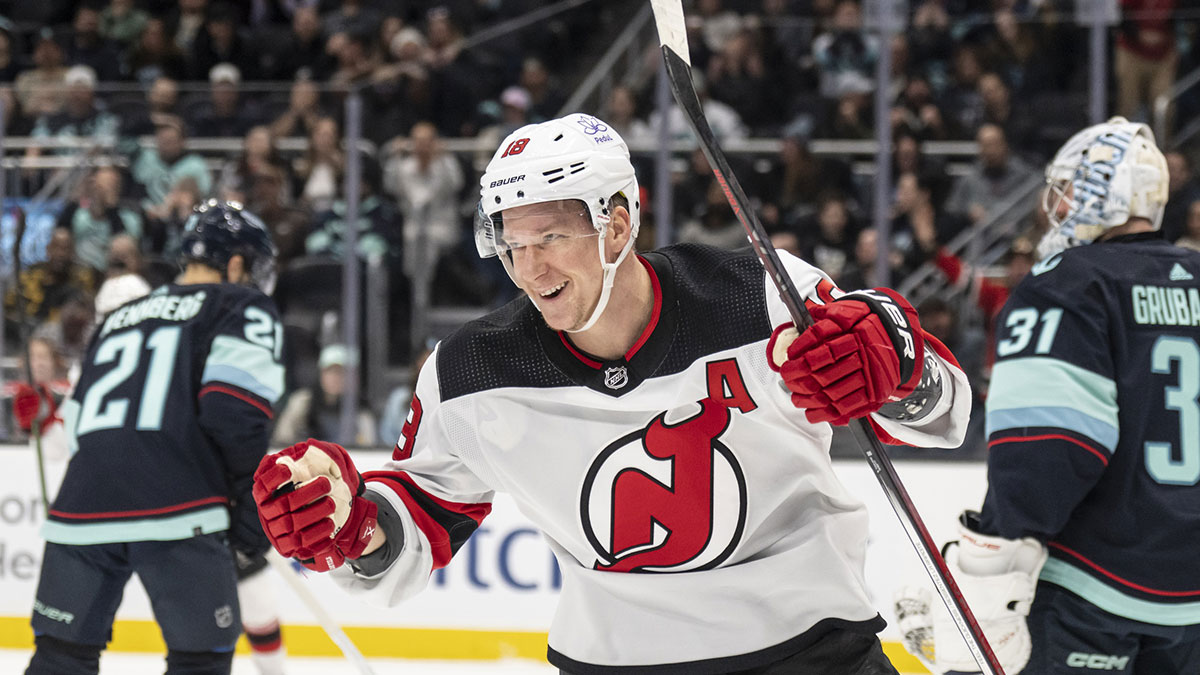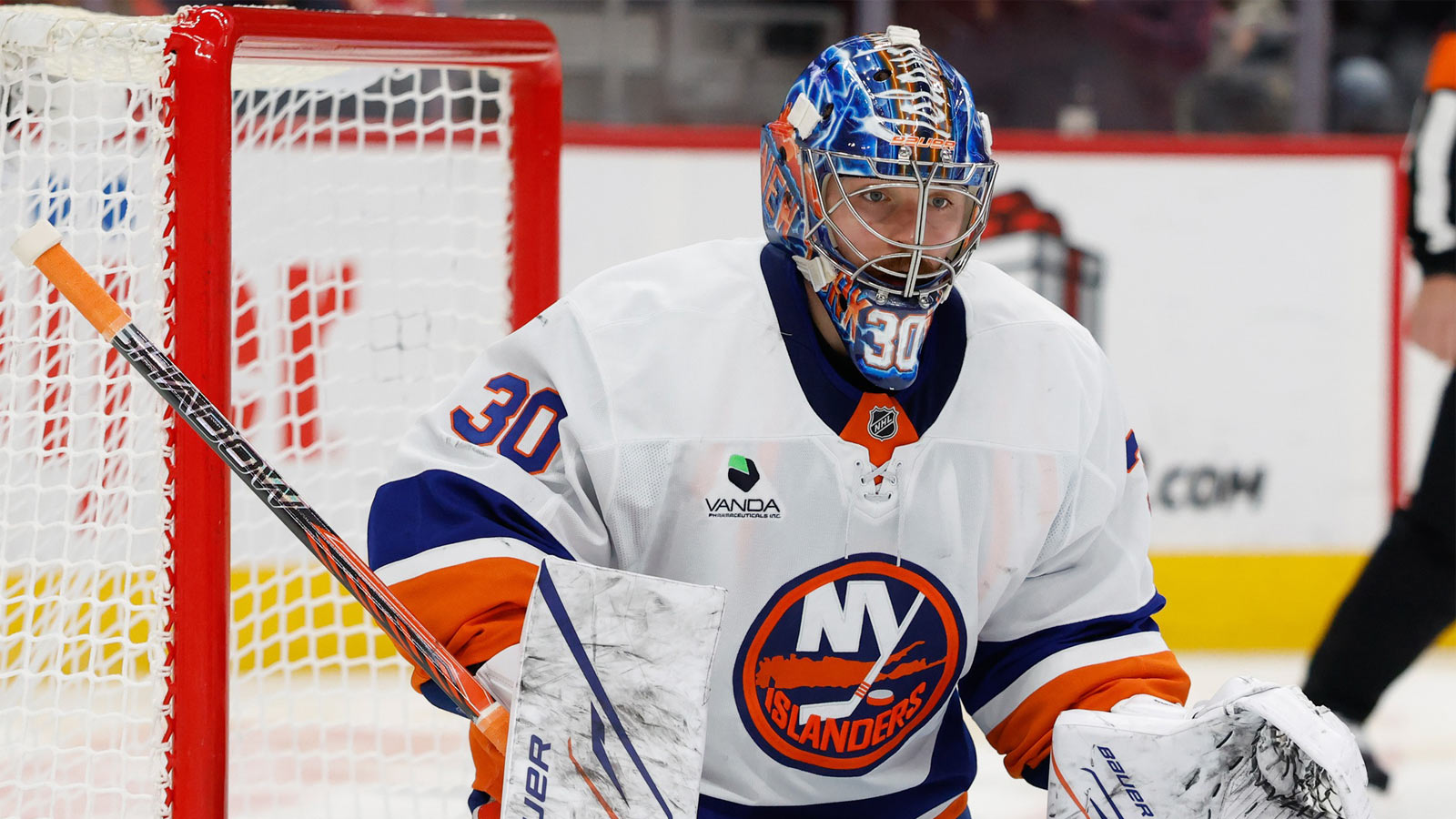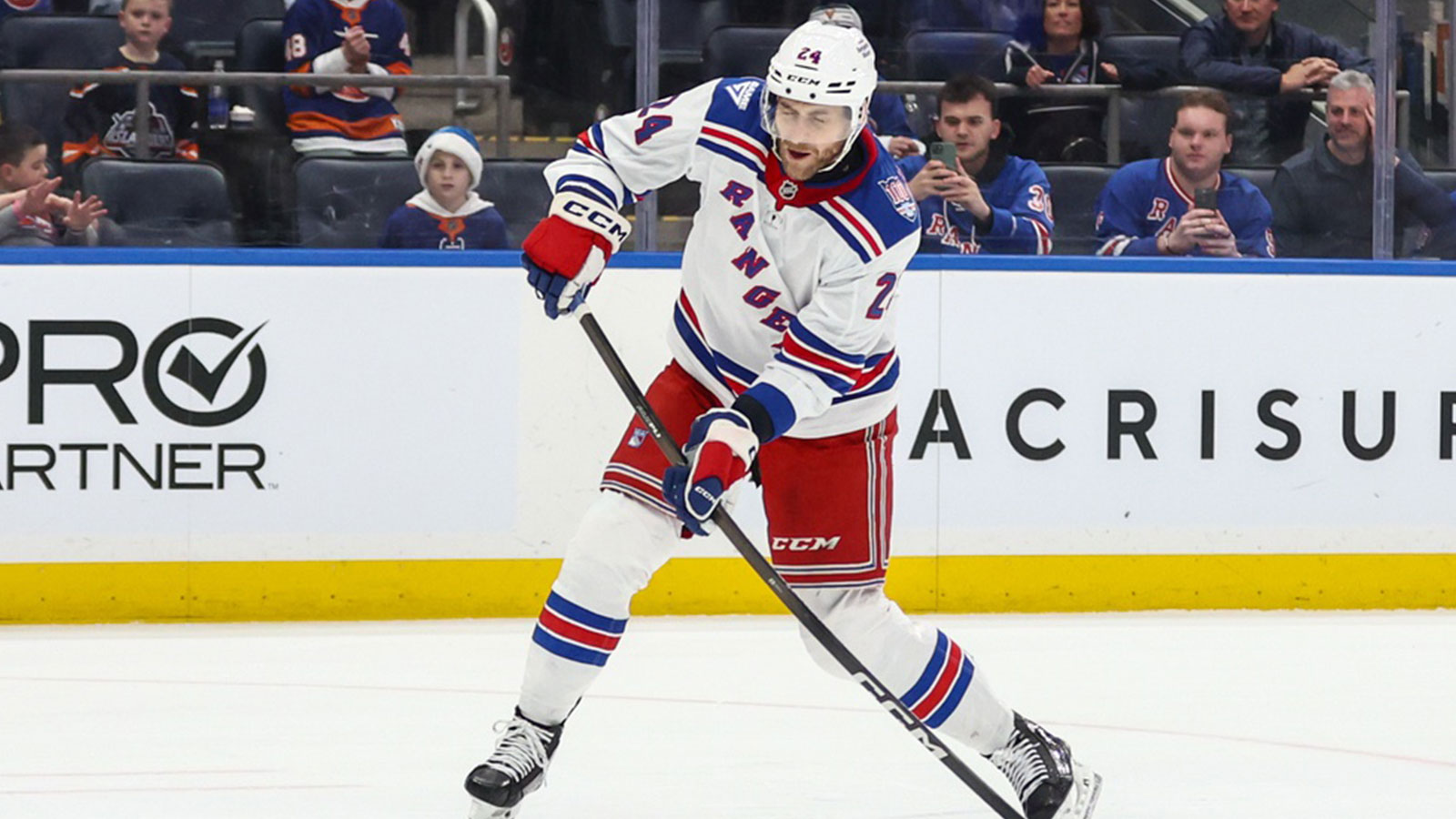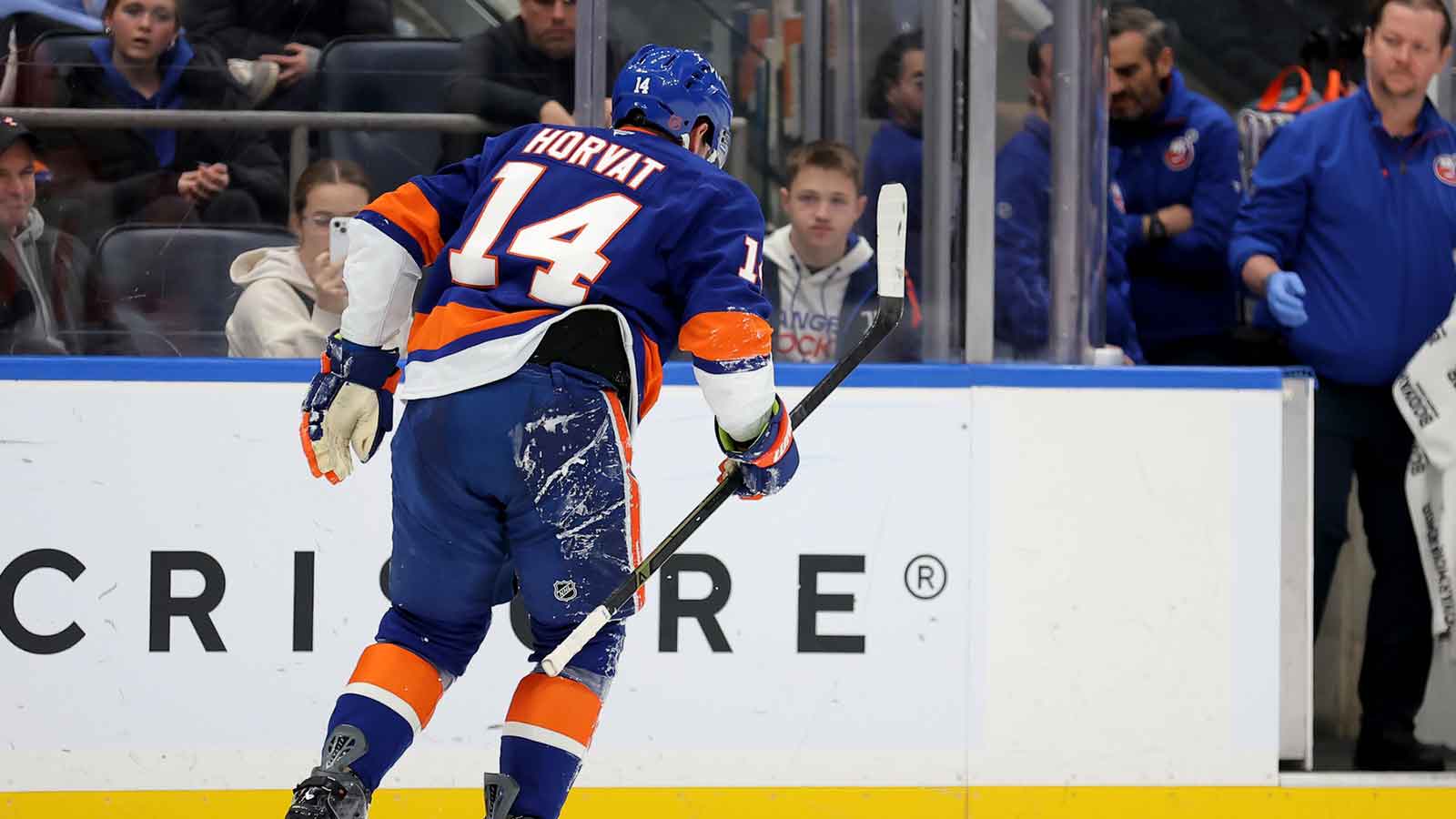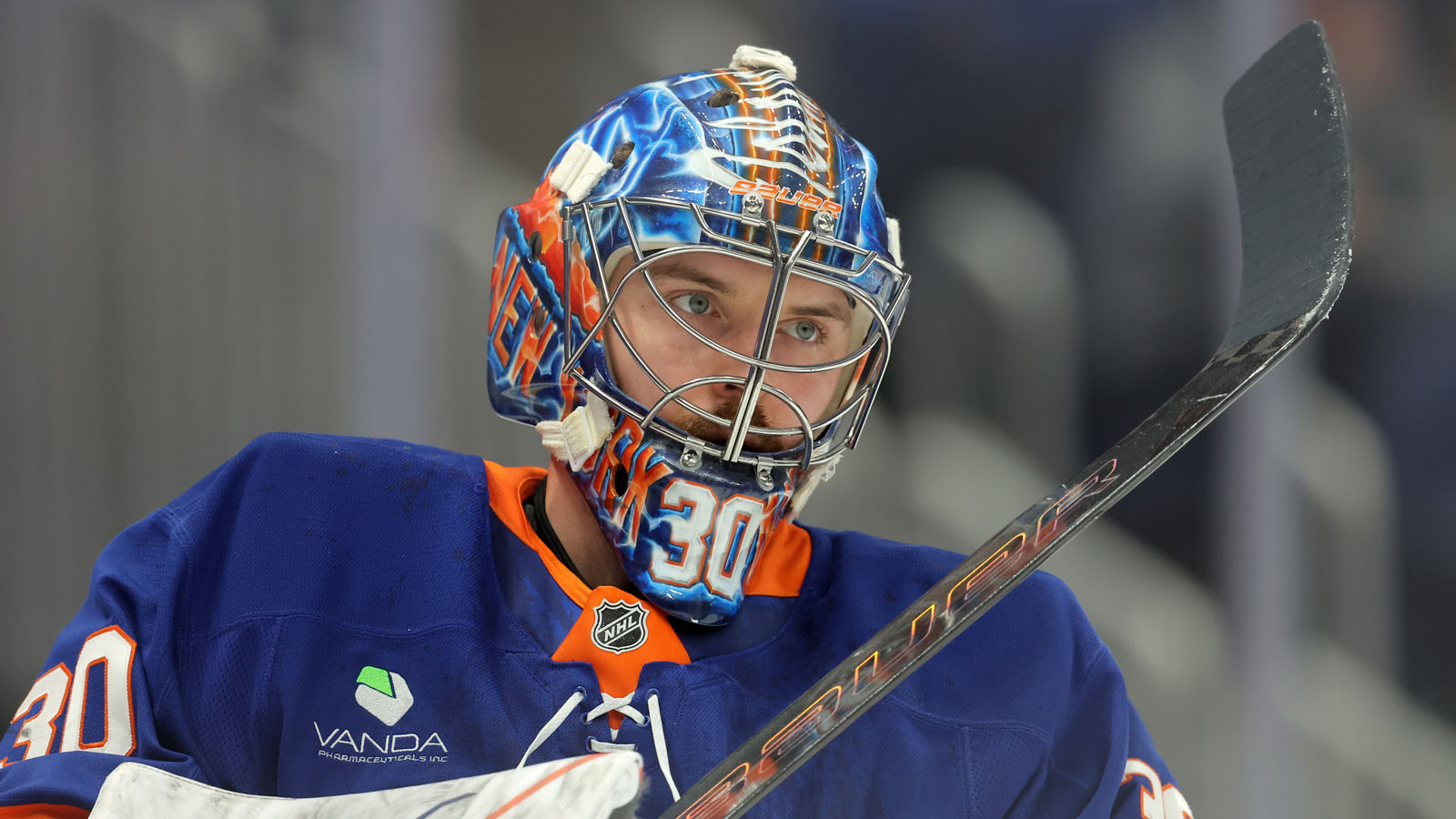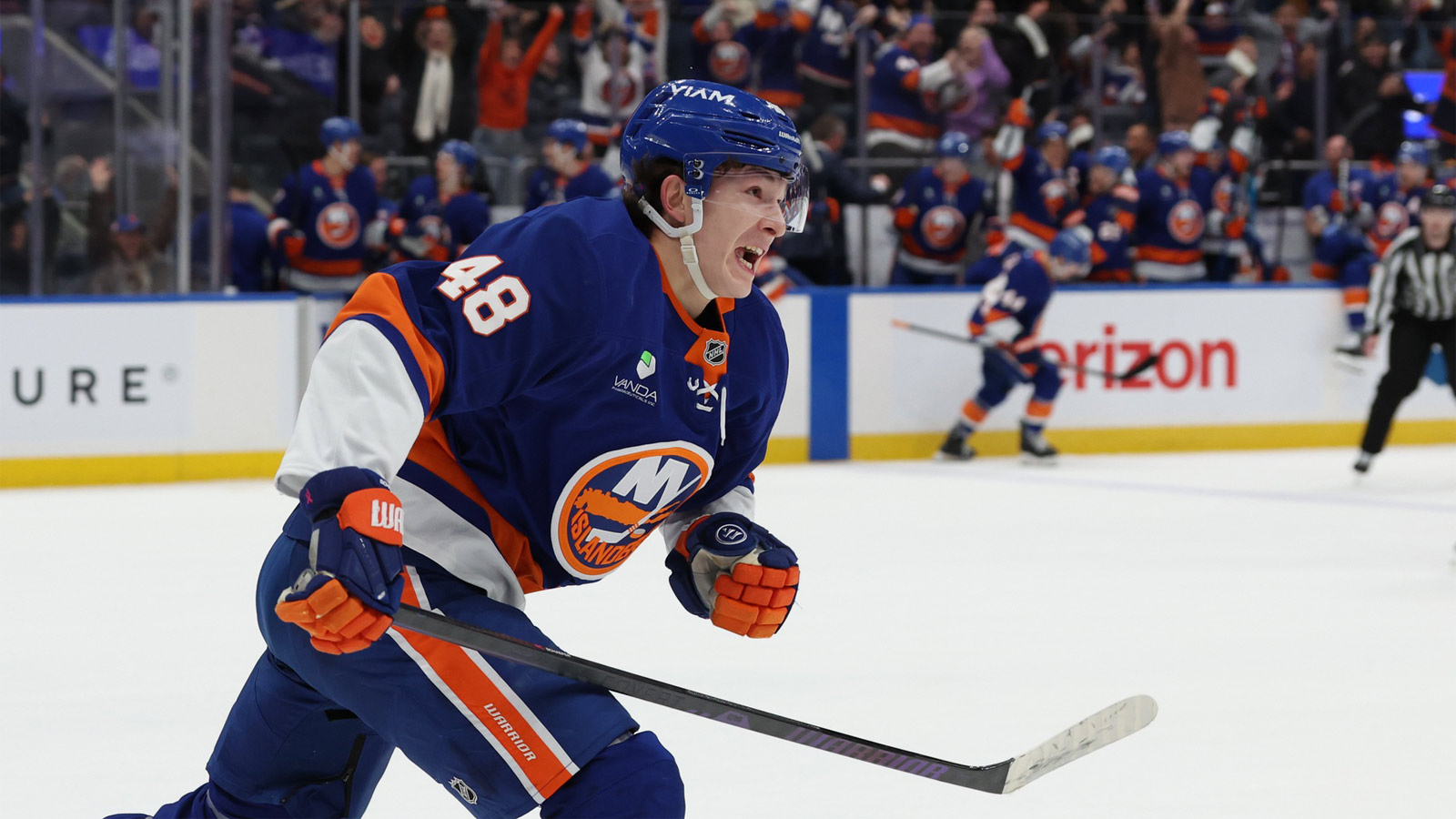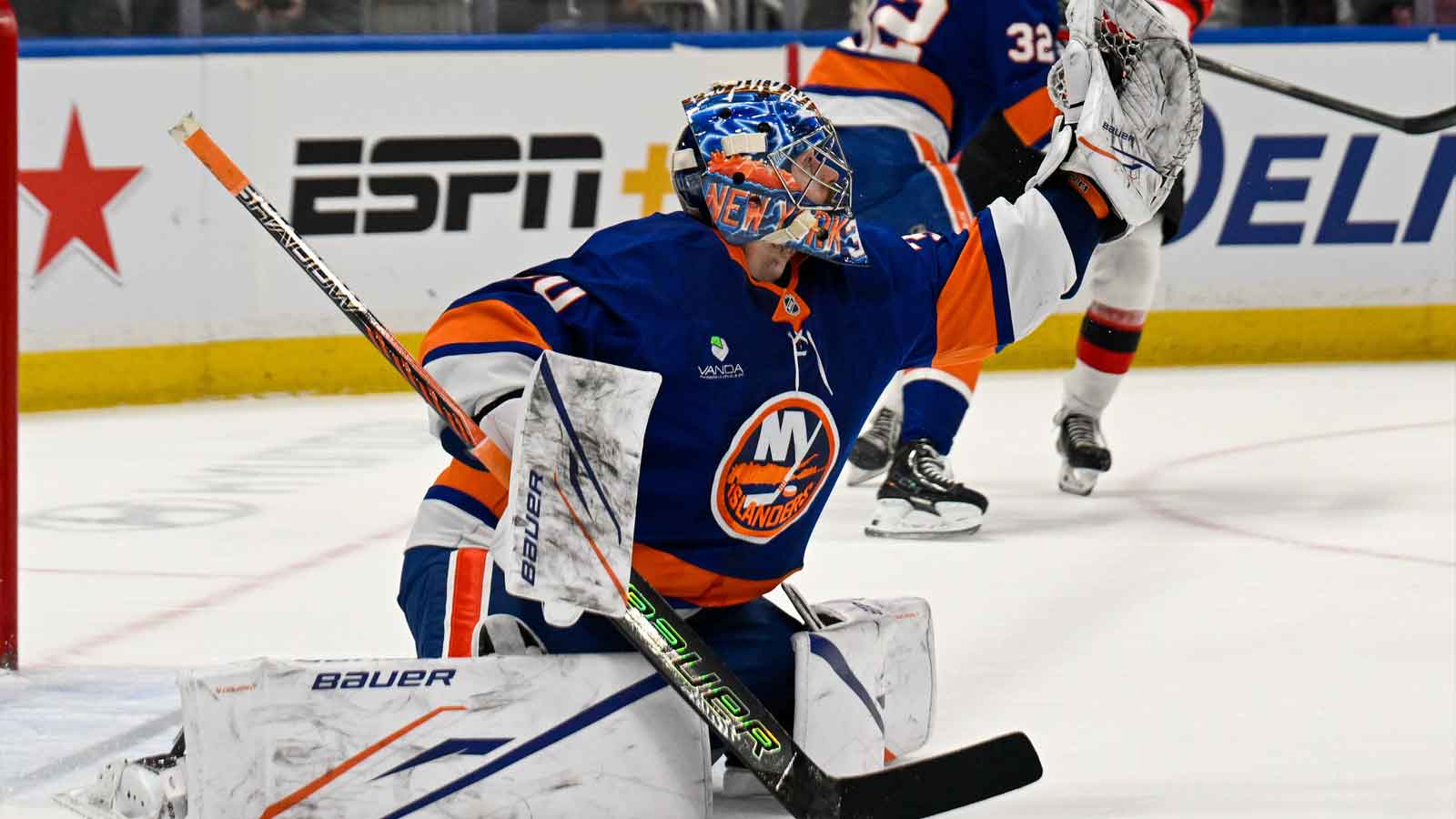The New York Islanders fell short in their series against the Carolina Hurricanes, suffering a first-round exit in the 2023 Stanley Cup Playoffs.
It's a disappointing result, given the Islanders' efforts just to get to the postseason. They put together a really strong last few months of the season to squeak in and rebounded after missing the playoffs last year.
However, a first-round exit leaves questions as to whether the team is still in a spot to really compete going forward. Below, we take a look at what went wrong en route to an early elimination.
Lack of Offense
The Islanders have had scoring issues for a long time, with a lack of legitimate top talent up front. However, even the top forwards they do have didn't perform as needed in the playoffs.
Anders Lee managed a single point (a goal), while a returning Mathew Barzal had just two points (both goals). Meanwhile, Bo Horvat, the team's star trade deadline addition, was quiet as well. Horvat had just a goal and an assist in the postseason. They didn't have a ton of depth scoring either, with Zach Parise and Hudson Fasching going pointless and Jean-Gabriel Pageau managing a single assist. While the likes of Brock Nelson and Kyle Palmieri did show up for the team, it wasn't enough.
Aside from a late outburst in Game 3, New York struggled to create offense through much of the series. Sometimes they couldn't capitalize, like in Game 6, whereas sometimes they just weren't getting the chances to begin with. Take out their Game 3 win, and the Islanders only managed 10 goals through the other five games of the series.
It's also frustrating, given the Hurricanes were one of the few teams they could possibly match up against who also had scoring issues. Carolina was missing Andrei Svechnikov and Max Pacioretty, and then Teuvo Teravainen was injured in Game 2 and missed the rest of the series as well.
It was a missed opportunity for New York and lack of offense played a key role. It's also just a confirmation that despite dealing away future assets at the deadline for the likes of Horvat and Pierre Engvall, the Islanders' top of their forward group still isn't anywhere near as good as it will need to be for playoff success. They can keep trying to improve their offense, but with limited cap space and no top prospects up front, it won't be an easy task.
Power Play Struggles
While a team's power play obviously ties into their offense, it's another huge issue for New York.
The team went just 1-for-18 on the man advantage in the playoffs, operating at a brutal 5.6 percent. This wasn't something new, either. The Islanders' power play also ranked 30th in the league during the regular season.
Contrast this with the Edmonton Oilers' unit, which leads in the NHL. Edmonton's power play has scored on 57 percent of their opportunities in the postseason, making it 10 times more effective than the Islanders' man advantage. That's a small sample size for the postseason, obviously, but it does paint a picture as to just how bad New York was on the power play.
The lack of stars up front certainly doesn't help this. The Islanders have so few dynamic forwards that you rarely see any clever puck movement to set up players in a great spot for a chance. But their inability to figure things out on the man advantage remains a massive issue, which was on display throughout the first round.
Inconsistency
The Islanders are a team that struggles to consistently put their best foot forward.
At times, they can look very dangerous. They have a very capable defensive group, often able of completely shutting down offense from other teams. They can also play with a lot of intensity, pressuring hard on the forecheck and causing issues for defenders. Meanwhile, Ilya Sorokin remains one of the world's top netminders.
Even throughout the season though, they found themselcves in a bad spot midway through the year after a stretch of disappointing results. But they were able to rebound with a great final third of the season to get back to the playoffs.
However, they've lacked consistency for a while. Oftentimes, the team can put together good stretches of a game, but fail to finish the job.
Or it can be a matter of getting behind early and having to try to catch up. Through the first four games of the series, the Islanders didn't score a single first period goal. For a team that can't score a ton, playing from behind doesn't work out so well. Regardless, New York often couldn't put together a complete game. Even throughout the series, their readiness could be very different from game to game.
The Islanders can be a good team and showed through stretches of the series that they could outplay Carolina. But the consistency wasn't there and it was a determining factor in the outcome.

